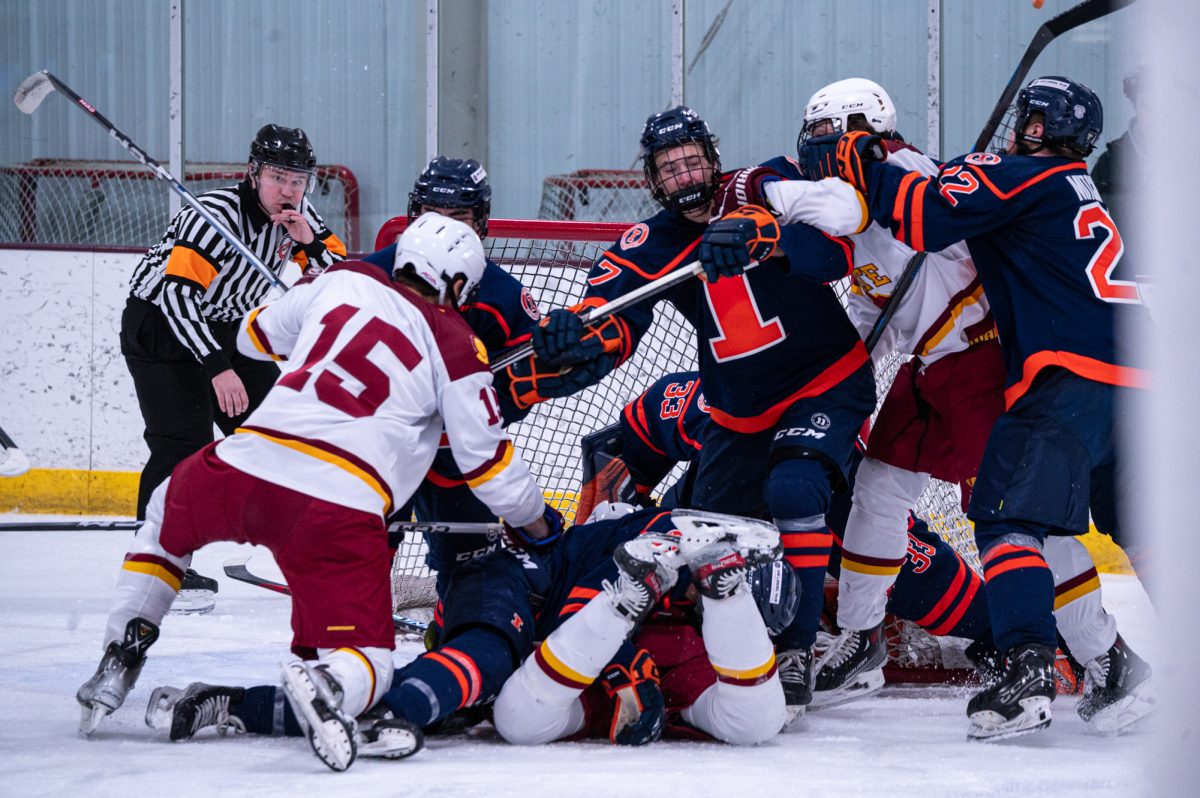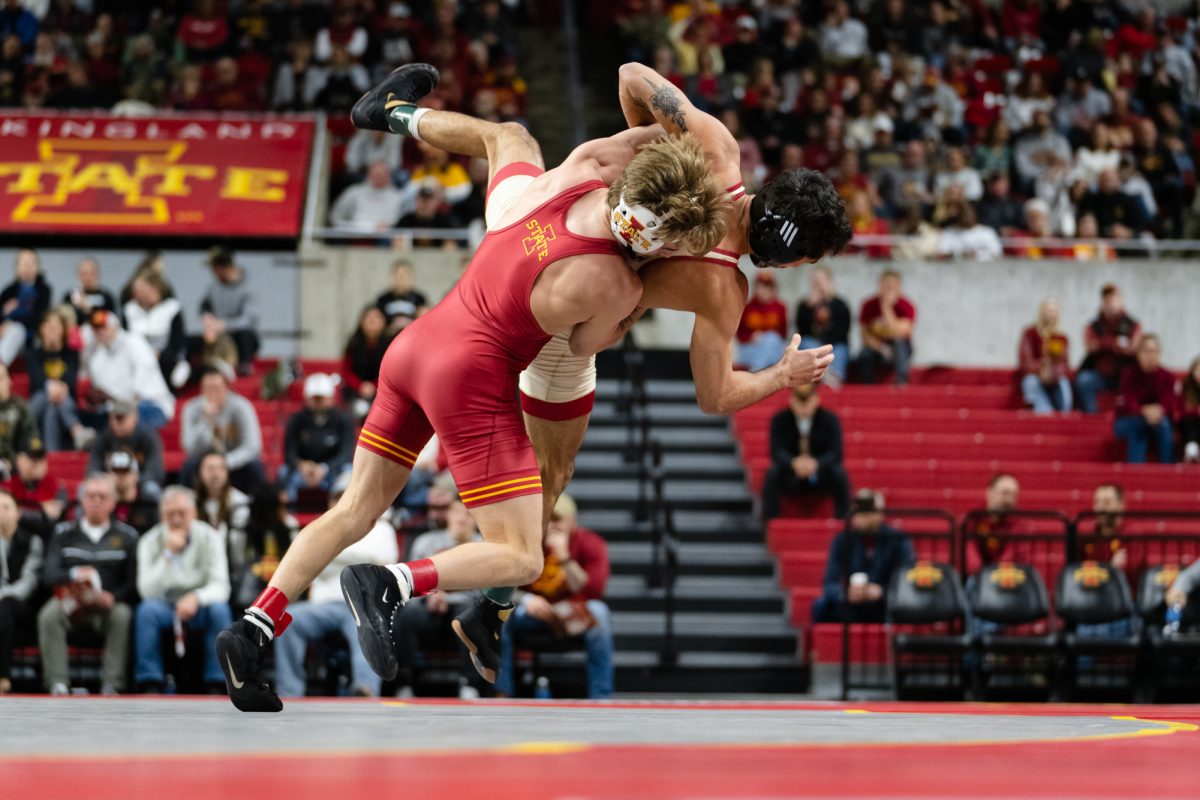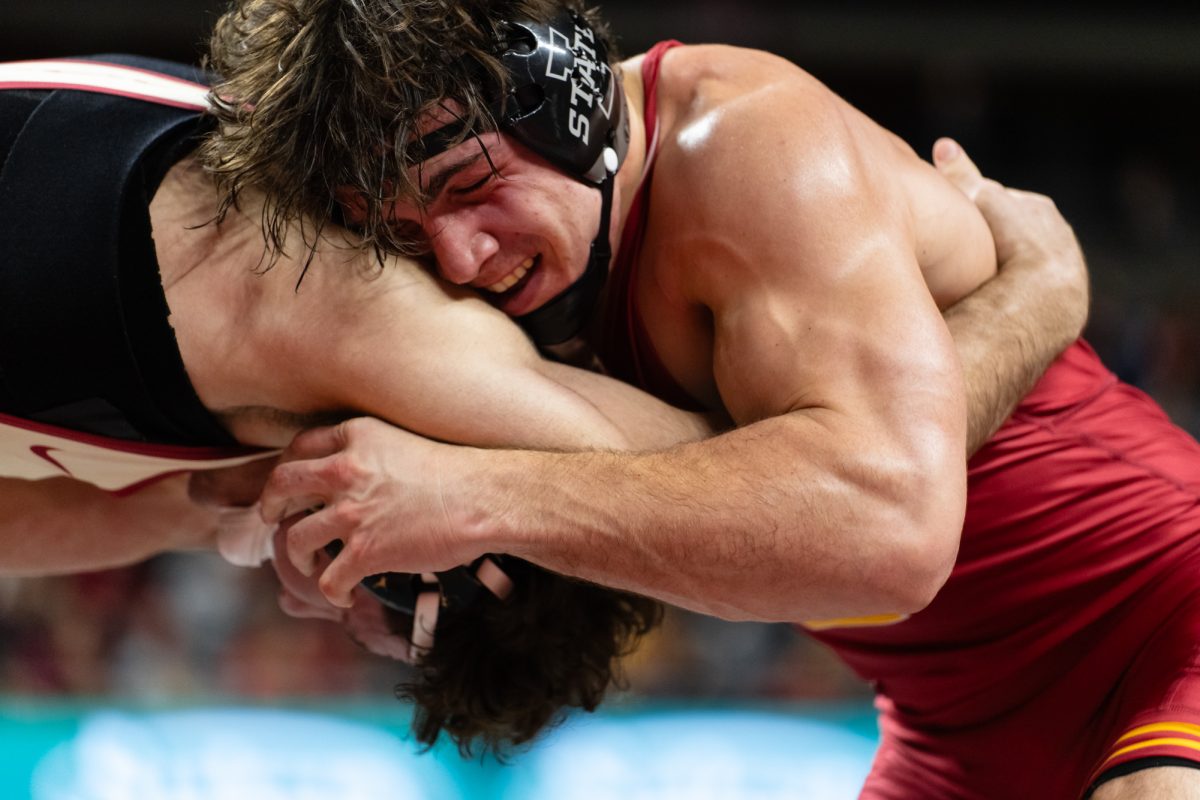Timberlake: Guilty until proven innocent
August 9, 2013
Across the country, Americans are protesting the trial of George Zimmerman, demanding justice. The only problem, the verdict defined the servitude of justice.
I was in Houston the fourth week of July where Zimmerman protesters lined the highways, only the week before blocking them. The level of vapidness was astounding. I don’t pay attention to the media-sensationalized court cases that sprout up every six months or so mostly because I don’t think they deserve my attention. Relatively speaking, cases like Zimmerman’s happen all the time. There is no reason that this particular case should be nationalized, let alone internationalized.
Regardless of innocence, cases that are sensationalized into soap-operas end up decimating the livelihood of those involved. I doubt many would be interested in gaining celebrity status over such a high-stakes legal argument where you or someone you know will spend the rest of their life in prison because of how a few sentences in the law are worded.
With that said, every human seemingly needs to point a finger whenever a wrong occurs. I could argue it as human impulse, action and reaction. In reality, it is possible for no fault to be had even in a situation where someone loses their life. Obviously, this is the result the jurors came to in the Florida v. Zimmerman case.
While Albert Einstein wasn’t exactly a social activist, some of his thoughts are relevant to public reaction on the trial: “Few people are capable of expressing with equanimity opinions which differ from the prejudices of their social environment. Most people are even incapable of forming such opinions.”
With this, Einstein is saying that not many can keep calm and composed when a difficult decision is made that goes against the person’s social prejudices with which they were raised on.
In our court of law, someone is innocent until proven guilty. Hopefully it is clearly understood why this is the case. The fact remains that if it is unclear who is at fault, if there is fault, then a guilty verdict cannot be reached. Martin was a 17 year old, six foot tall male that, according to forensics, physically beat up Zimmerman. And Zimmerman shot Martin, accordingly in an act of self defense… believe what you will.
May I ask what would have happened if an identical Zimmerman-Martin case had happened between two black men? How about two white men? Or a black man killing a white man? Or any of the other race combinations you can think of. How would the reaction change in the media or the public?
Zimmerman was mixed Hispanic, not white (if that means anything in regards to the questions I just asked you). He was a neighborhood watchman enacting his volunteer duty. Did he discriminate because Martin was black? Possibly. Should he have been carrying a gun as a neighborhood watchman? Probably not. Was any of this activity illegal? No.
What is unclear is who instigated the fight. Some say it was Martin, some say it was Zimmerman. In the end, Zimmerman fired a shot because he felt his life was in danger (whether he was the instigator or not). This was an incident that was absolutely avoidable and completely unnecessary, and truly had no decidable victim, which means that no truly decidable conviction could be made. A person on trial shouldn’t be someone who is trying to extinguish guilt, it should be someone who is defending their innocents.
Was Zimmerman innocent? The only two people who will ever know is Martin and Zimmerman but not enough evidence existed to convict Zimmerman of second degree murder or manslaughter.
Which brings me back around to my point about justice. Justice was served whether you and all the protesters believe it or not. It was served in the fact that we didn’t put a potentially innocent person in prison for the rest of their life… a reality that our justice system finds itself getting caught in over and over again and unfortunately only discovers the false accusation and imprisonment many years later. Years that no amount of money can mend.
The Zimmerman-Martin trial wasn’t a matter of racial profiling as the NAACP or many citizens are trying to make it out to be. It was a case where a man remained “innocent” because nothing could legitimately prove him guilty of murder or manslaughter.






